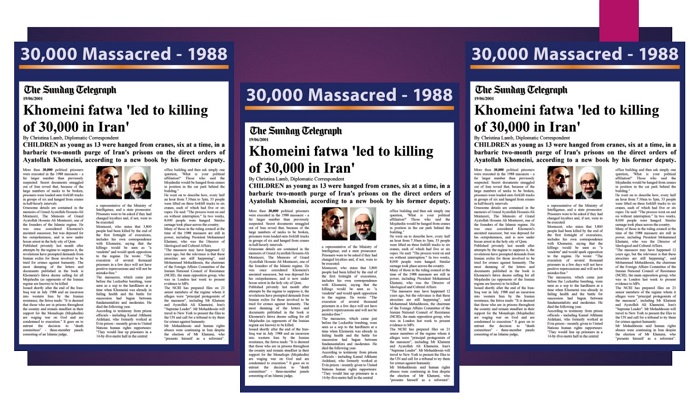The Iranian regime’s new president, Ebrahim Raisi, was inaugurated on the 5th of August. It comes at a time when countless Iranians inside Iran and around the world are remembering the 30,000 people who were sentenced to death in the 1988 massacre between July and September, following Khomeini’s infamous fatwa declaring members of the People’s Mujahedin of Iran (PMOI / MEK Iran), to be “enemies of God.”
Raisi worst human rights violators
The coincidence of these events emphasizes the message delivered to the international community shortly after Raisi’s “election” on June 18 by human rights activists and the Iranian Resistance: The Iranian regime is demonstrating its clear expectation of impunity in the face of all of its malign activity by promoting its worst human rights violators.

As head of the judiciary, he had already presided over a considerably greater usage of the death penalty in a country notorious for having the world’s highest rate of executions per capita.
Raisi was a significant figure in the response to almost 200 Iranian cities and towns staging large protests in November 2019, which resulted in the deaths of 1,500 people and the torture of thousands more. Raisi’s promotion to the regime’s second-highest position gives him even more power to direct authorities toward 1988-style outcomes.
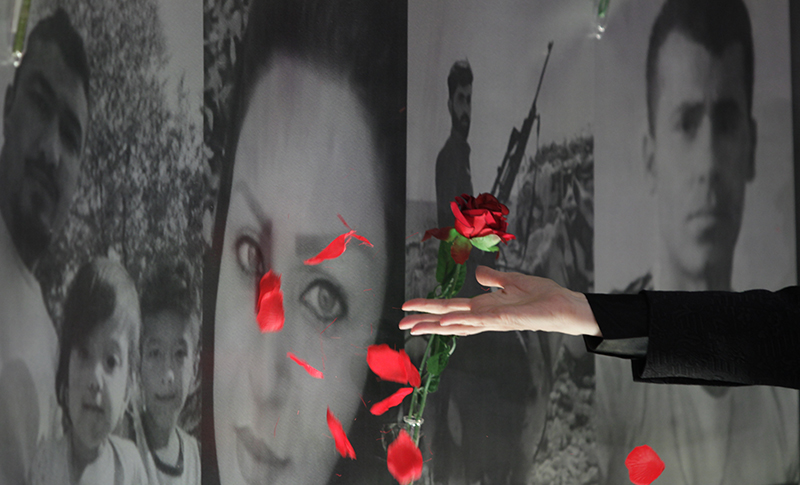
The uprising in November 2019
The uprising in November 2019 and the one before it in January 2018 both indicated support for regime change. In both scenarios, participants from all walks of life screamed “death to the dictator” and urged for an alternative to the political “game” that Iran’s dominant political groups had been playing for much of the previous 40 years.
In several of the most recent protests in Khuzestan Province, which were sparked by water shortages, people were seen repeating and building on this idea, often stating emphatically, “We do not want the Islamic Republic.”
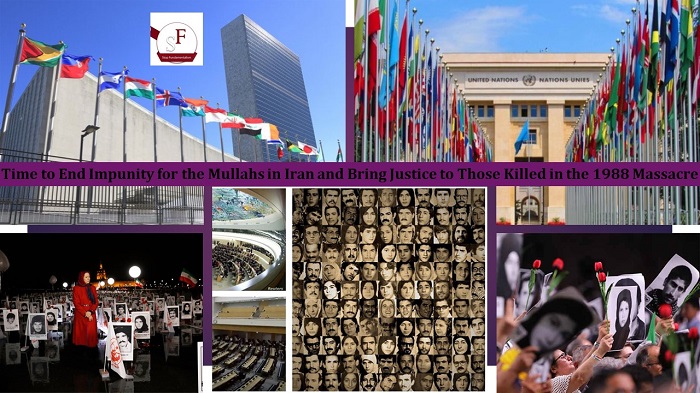
The unprecedented increase in hostility and enmity
The Iranian opposition’s president-elect, Mrs. Maryam Rajavi, recently warned that the Raisi period will be defined by an unprecedented increase in “hostility and enmity between the Iranian regime and society,” which can already be witnessed in Khuzestan and a dozen other provinces.
On the other hand, the international community must acknowledge that Iranian officials are engaging in a pattern of brutal repression. At least a dozen protestors have been killed so far, and the numerous arrests that have accompanied them raise reasonable concerns that Raisi’s actions in 2019 and probably also in 1988 will be escalated by the entire regime.
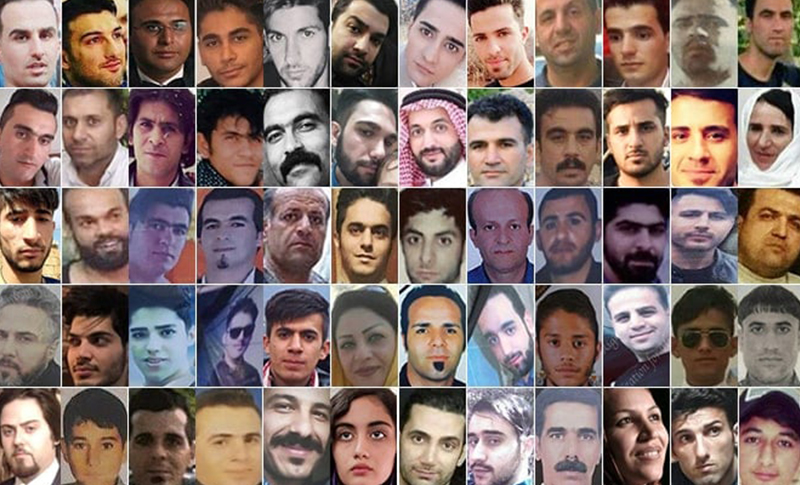
Crimes against humanity
This is no excuse for Western democracies to remain silent while Tehran assassinates individuals who call for freedom and rewards those who have committed terrible crimes against humanity on the regime’s behalf.
Even if only to emphasize that similar behavior will not be accepted in this new period, the international community should formally investigate such crimes and consider prosecuting individuals responsible.
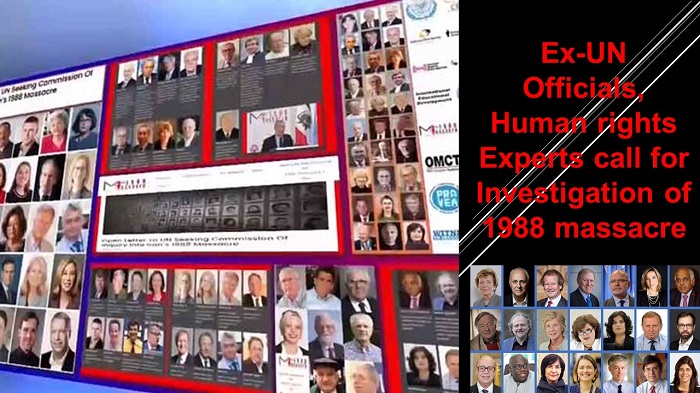
MEK Iran (follow us on Twitter and Facebook)
and People’s Mojahedin Organization of Iran – MEK IRAN – YouTube


